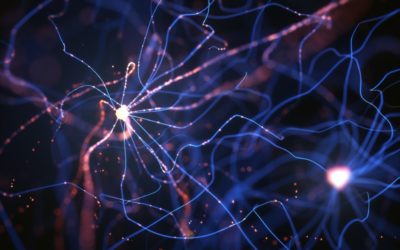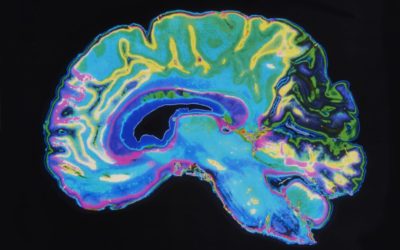Quick Hits
Daily brief research updates from the cognitive sciences

Yes, that is good news for you (us) coffee drinkers. This supports plenty of more recent studies which have shown the health benefits of coffee which is still overcoming a bad reputation.
So, what did these researchers actually find?
This was a large-scale observational study spanning a time period of 12.5 years and following 449’563 participants: coffee drinkers were compared to non-drinkers for the incidence of arrhythmias, cardiovascular disease and death, after adjusting for age, sex, ethnicity, obesity, high blood pressure, diabetes, obstructive sleep apnoea, smoking status, and tea and alcohol consumption.
The coffee drinkers were categorised into different groups depending on their daily consumption.
What the researchers saw is that all coffee drinkers were inked with a reduction in death of any cause. This includes those who drank only decaffeinated coffee (14% reduction). There also differences between ground and instant coffee with the largest effect seen in group coffee (a dramatic 27% reduction) and those who drank two to three cups a day.
Similarly cardiovascular disease is lower in those who regularly drink coffee of any sort with the same pattern as above: ground coffee (a 20% reduction) and two to three cups a day had the lowest correlation.
Interestingly arrhythmia was correlated only with caffeinated coffee with the largest impacts again in those with ground coffee (a 17% reduction) but here more coffee seemed to be better with the strongest correlation seen in those who drink four to five cups a day.
Though much research has focused on the nature of caffeine in coffee it must be noted that coffee has many biologically active compounds, as a natural product, and similar to many other pulses, beans, and fruits. It is likely that these compounds are the reason behind these positive correlations.
So, all in there is certainly no need to feel guilty at your coffee consumption, or rather, it may be recommendable to drink coffee if you don’t already – as a health measure. And fresh ground coffee seems to be the most potent. Happily, I have been doing that for nigh on 40 years – hopefully that will also help me!

Andy Habermacher
Andy is author of leading brains Review, Neuroleadership, and multiple other books. He has been intensively involved in writing and research into neuroleadership and is considered one of Europe’s leading experts. He is also a well-known public speaker, speaking on the brain and human behaviour.
Andy is also a masters athlete (middle distance running) and competes regularly at international competitions (and holds a few national records in his age category).
References
David Chieng, Rodrigo Canovas, Louise Segan, Hariharan Sugumar, Aleksandr Voskoboinik, Sandeep Prabhu, Liang Han Ling, Geoffrey Lee, Joseph B Morton, David M Kaye, Jonathan M Kalman, Peter M Kistler.
The impact of coffee subtypes on incident cardiovascular disease, arrhythmias, and mortality: long-term outcomes from the UK Biobank.
European Journal of Preventive Cardiology, 2022
DOI: 10.1093/eurjpc/zwac189
More Quick Hits
Why Too Much Talent May Harm Performance
This may sound like a strange thing to say – but talent and team coordination are different things…
How Nutrition Can Increase Motivation – In the Brain
Fascinating study on how antioxidants (and therefore also nutrition) in the brain can increase motivation…
Mindfulness Intervention as Effective as Drugs in Anxiety Disorders
An important study showing how mindfulness is as effective as medication – without the side effects…
New Insights into How the Teenage Brain Develops
Teenagers’ brains go through substantial changes – and now we know more of some of these…
Screen Time Boosts Wellbeing in Teenagers!
Screen time is considered a modern technological evil – maybe not so for teenagers…
Taking Photographs of Slides Improves Memory of Presentations
Taking pictures has been shown to reduce memory – but this study shows the opposite…






